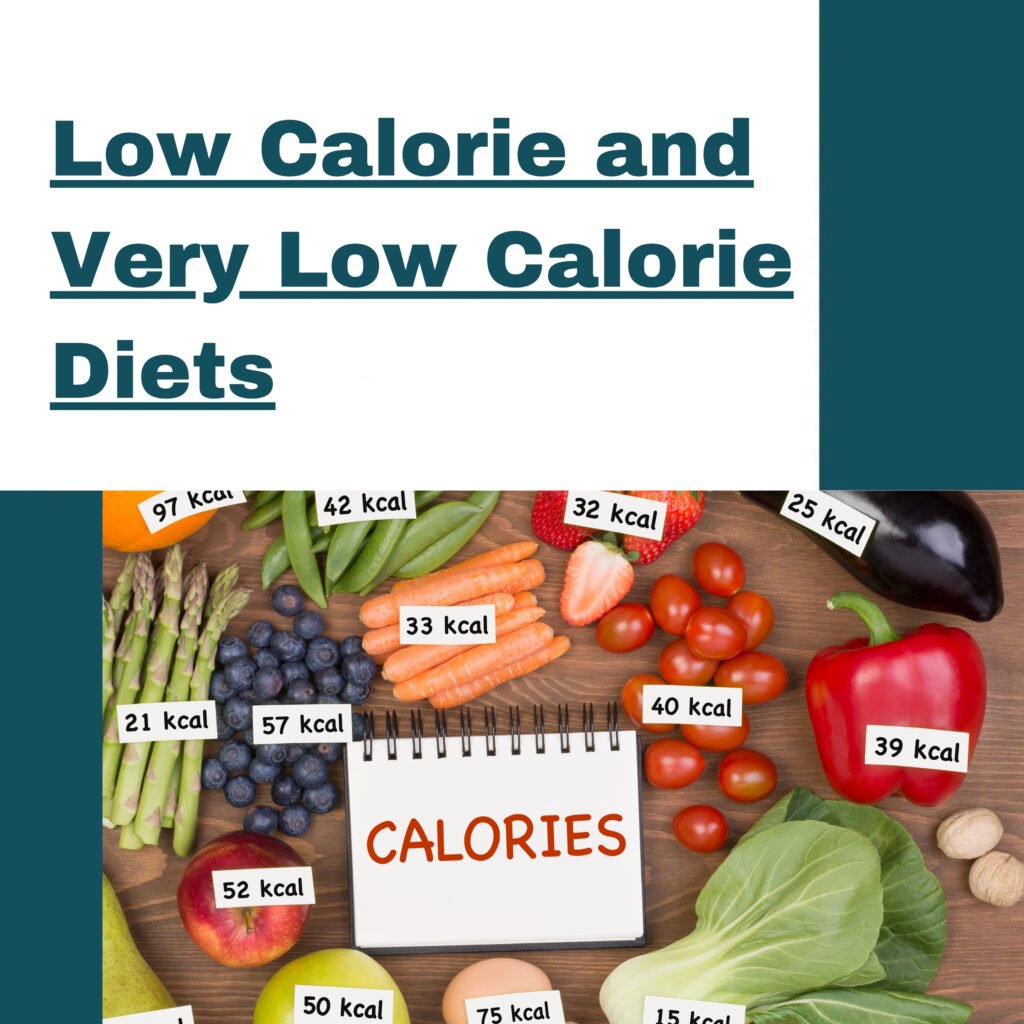When it comes to weight loss, calorie control is a popular strategy. You’ve probably heard terms like low calorie or very low calorie diets (VLCDs), but what do they really mean—and are they safe?
If you’re considering reducing your calorie intake for weight loss or health reasons, it’s essential to do it the right way. That’s where expert guidance from the best dietician in Noida can make all the difference.
🍎 What is a Low Calorie Diet (LCD)?
A Low Calorie Diet typically involves consuming 1,000 to 1,500 calories per day. It is often recommended for gradual and sustainable weight loss.
Ideal For:
- Mild to moderate weight loss
- People with sedentary or lightly active lifestyles
- Managing lifestyle-related conditions like PCOS or Type 2 diabetes
What It Includes:
- Balanced meals with whole grains, lean protein, fruits, vegetables, and healthy fats
- Portion control and smart snacking
- Focus on nutrient density over volume
🥦 What is a Very Low Calorie Diet (VLCD)?
A Very Low Calorie Diet typically provides 800 calories or fewer per day and is usually recommended only under medical supervision.
Ideal For:
- People with a BMI over 30 who need to lose weight quickly for health reasons
- Pre-surgery weight reduction (like bariatric surgery)
- Short-term, intensive fat loss with professional monitoring
Caution: VLCDs should never be followed without medical guidance, as they can lead to:
- Nutrient deficiencies
- Fatigue, dizziness, gallstones
- Loss of muscle mass
- Metabolic slowdown
That’s why working with the best dietician in Noida is essential if you’re considering a VLCD.
🔍 Key Differences at a Glance
| Feature | Low Calorie Diet (LCD) | Very Low Calorie Diet (VLCD) |
| Calories/day | 1,000 – 1,500 | 800 or fewer |
| Safe for long-term use? | Yes, with balance | No, only short-term and supervised |
| Requires supplements? | Not necessarily | Often needed |
| Suitable for everyone? | Generally yes | Only for medically eligible individuals |
💡 Things to Remember
- Don’t go too low too fast – It can backfire and slow your metabolism.
- Focus on nutrient-rich foods – Quality matters more than quantity.
- Hydration is key – Drink plenty of water to avoid fatigue and cravings.
- Exercise smart – Pair your diet with light activity that fits your energy levels.
Final Thoughts
Low calorie and very low calorie diets can both be effective tools—but only when customized to your body, goals, and health condition. Going it alone can be risky, especially with VLCDs.
Want to lose weight safely, without harming your health? Get expert help from the best dietician in Noida to create a calorie-controlled diet that actually works for your body, not against it.


